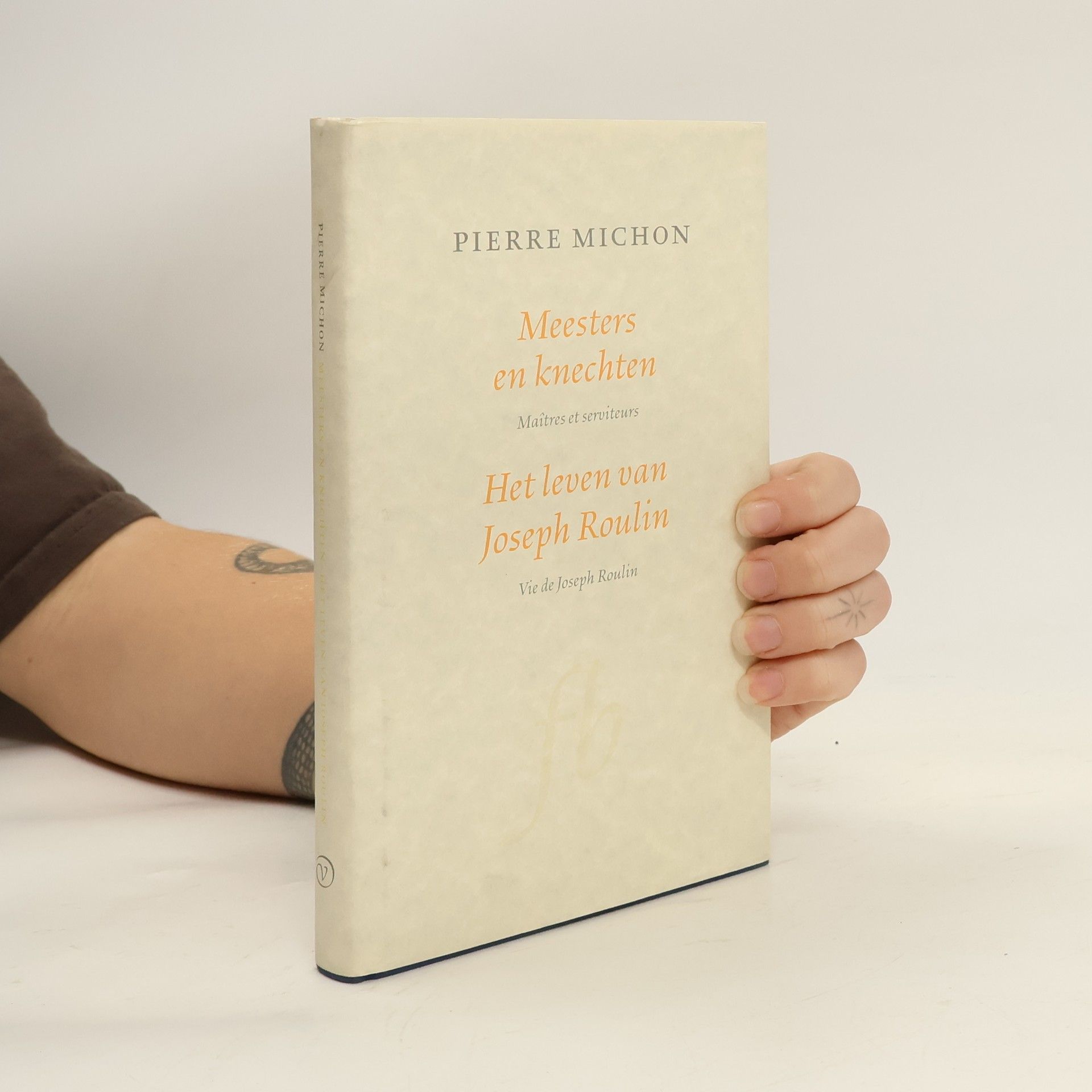Vite minuscole
- 204pagine
- 8 ore di lettura
Pubblicato in Francia nel 1984, questo esordio sorprendente di uno scrittore sconosciuto si distingue per la sua audacia. Recuperando una tradizione che affonda le radici in Plutarco e Suetonio, l'autore narra le vite di dieci personaggi non illustri, ma "minuscoli", destinati all'oblio se non fosse per la sua lingua sontuosa e straordinariamente bella, capace di "trasformare la carne morta in testo e la sconfitta in oro". Tra questi, troviamo l'antenato Alain Dufourneau, un orfano che cerca il suo posto in Africa, convinto che lì un contadino possa diventare un Bianco. La storia di Eugène e Clara, i nonni paterni, è altrettanto straziante: intrappolati nel ruolo di "tramite di un dio assentato", il loro destino è segnato dalla figura assente del padre, il "comandante guercio". I fratelli Roland e Rémi Bakroot, compagni di collegio, si immergono nel passato e nel presente, uniti da una rabbia ostinata e un amore folle. Santi o perdenti, paradigmi o avatar catastrofici del narratore, ognuno di questi personaggi ha intessuto il proprio destino, alimentando la convinzione che solo nella letteratura più inaccessibile si possa trovare la salvezza.





